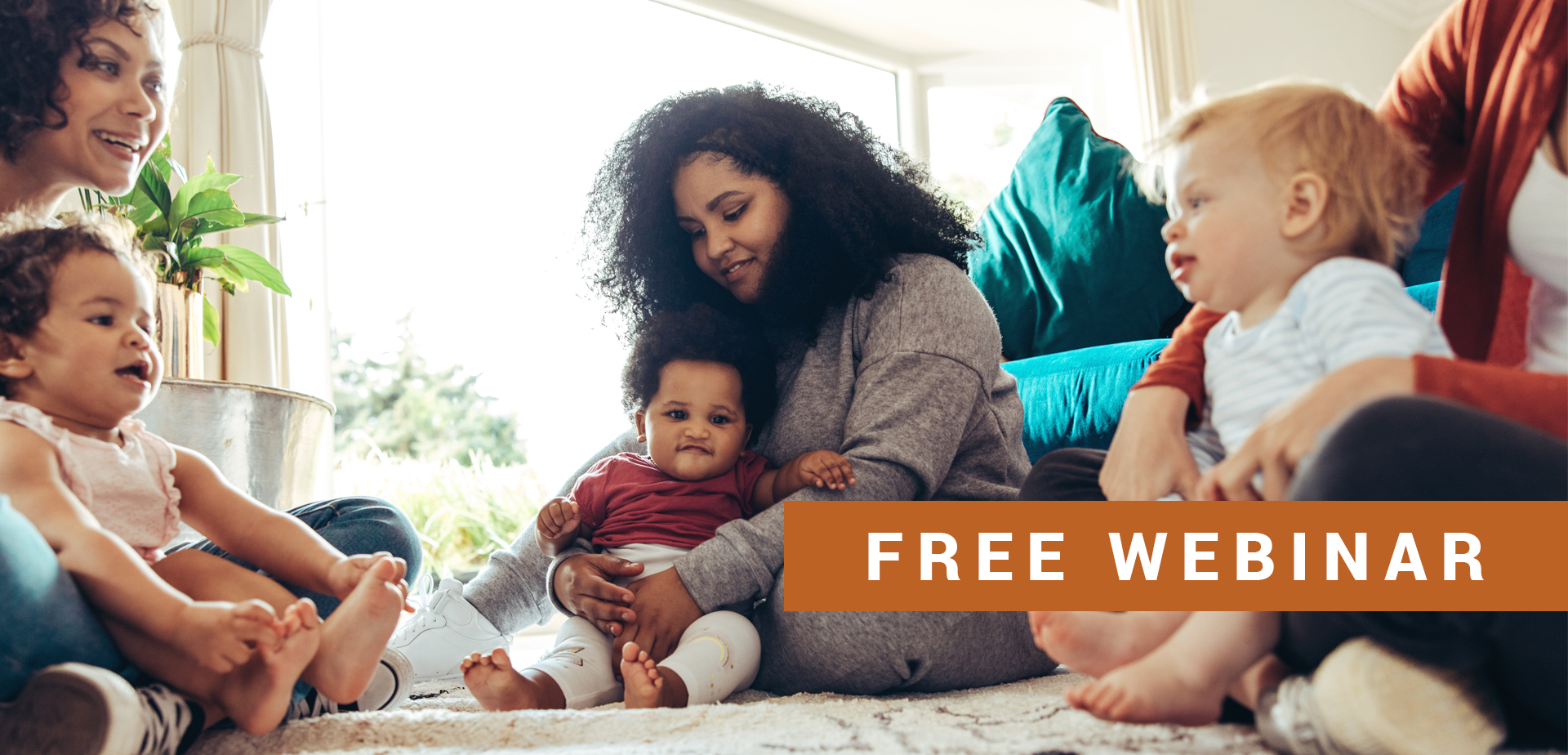
- This event has passed.
Webinar – Working with, and Advocating for, Mothers with Substance Use Disorder
September 15, 2021 @ 10:00 am - 12:00 pm

According to SAMHSA there are two primary reasons why family-centered treatment for parental substance use disorders makes sense. First, research on women’s substance use, dependence, and treatment shows that relationships, especially with family and children, play an important role in women’s substance use, treatment, and outcomes. Second, 70% of women entering treatment have children. These children are at higher risk of abuse, neglect, developmental problems, and adolescent substance use. Therapeutic services and parenting skills training improve the prognosis and outcomes for impacted moms and their children. When whole families are treated, outcomes for each individual member improve; communication, coordination, and ability of adult members to support one another and impacted children is also improved.
This webinar explores the distinctions of family-centered treatment, and specific needs of mothers involved with Child Protective Services. It discusses the impact of integrating parenting skills training into case-planning; the use of Certified Peer Recovery Services; the importance of continuity of care, and how to effectively advocate and partner with court service for positive outcomes for families.
Participants can earn up to 2 CE/CLE/POST credits.
Panelists
VICTORIA ROCHA | LPCC
Family Program Manager, Mn Adult & Teen Challenge
LUCY VERSALLES | LADC
Support Service Director, RS Eden
MARY HARTMANN
Guardian ad Litem, Ramsey County GAL Program
MEG MITCHELL
Chief Public Defender, 3rd Judicial District
Facilitator
GINA EVANS
Director of Advocacy, Mn Adult & Teen Challenge



